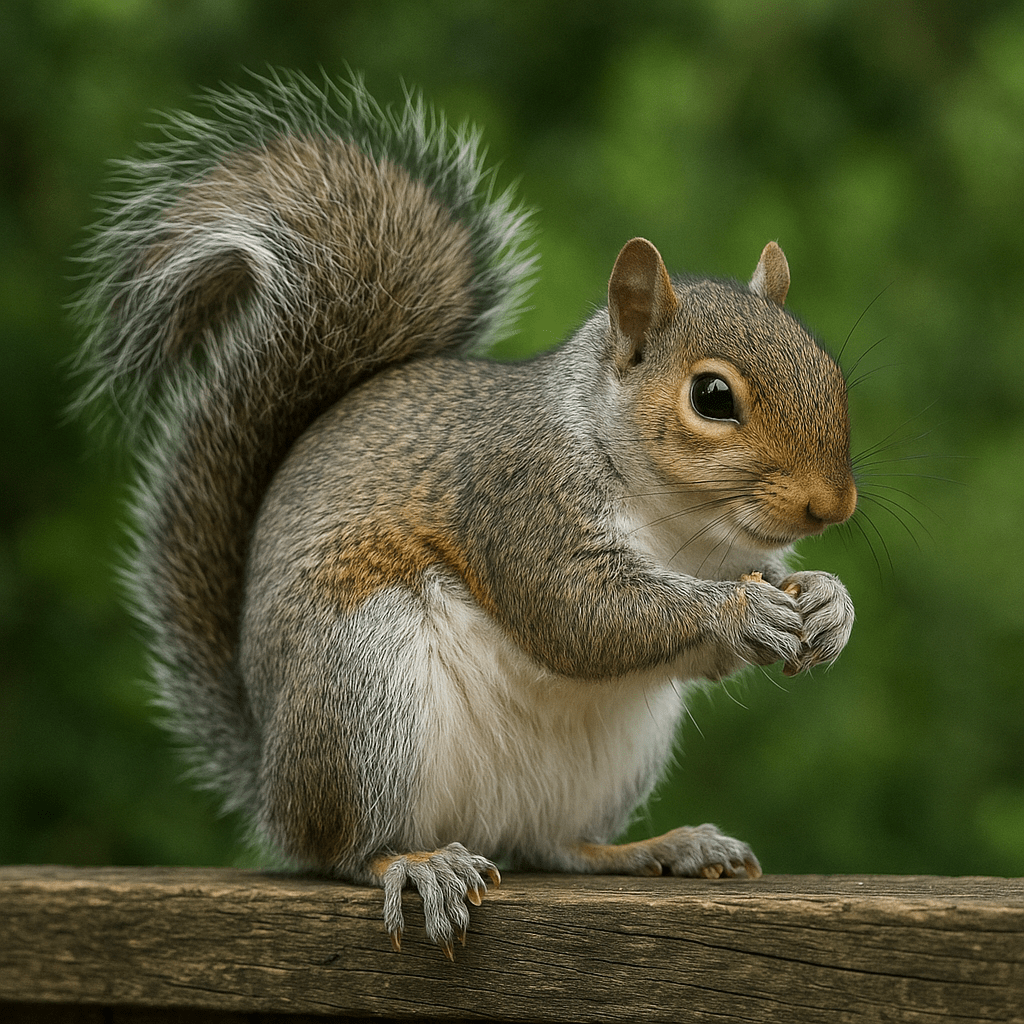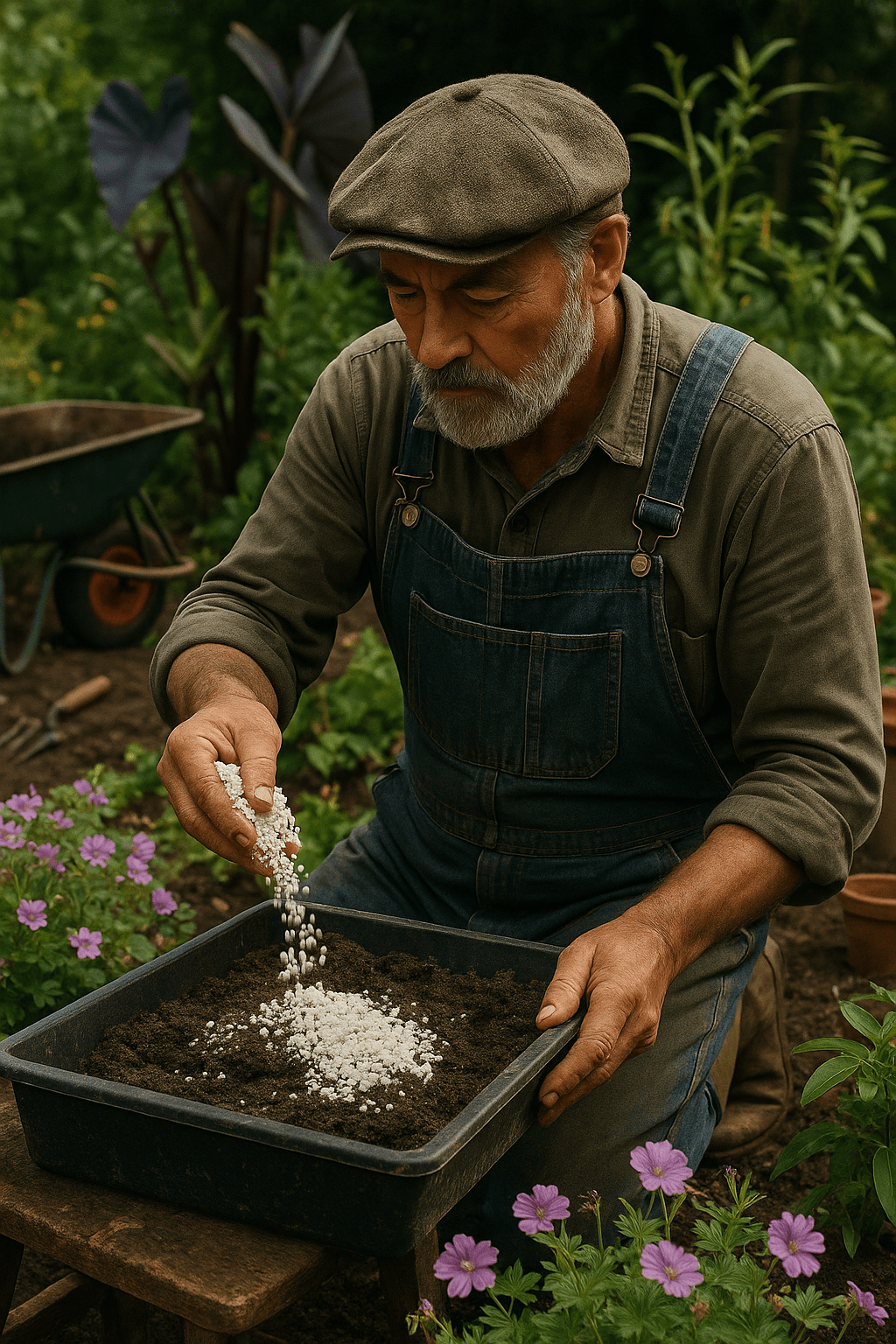Grey squirrels are a familiar sight in parks and gardens across the UK. With their bushy tails and nimble antics, they’re often seen as charming and entertaining. But behind their popularity lies a complex story of ecological disruption, legal control, and growing debate over whether we should encourage or discourage them in our gardens.
🐿️ What Are Grey Squirrels?
The grey squirrel (Sciurus carolinensis) is a non-native species, introduced to Britain from North America in the late 19th century. Initially released in estates and ornamental parks, they have since spread across most of England, Wales, and parts of Scotland and Ireland.
Today, grey squirrels are far more common than the native red squirrel (Sciurus vulgaris), whose population has dramatically declined.
⚖️ Legal Status in the UK
Grey squirrels are listed under Schedule 9 of the Wildlife and Countryside Act 1981 in England and Wales, which makes it illegal to release them into the wild once captured. This law reflects their status as an invasive species.
As of December 2019, under the Invasive Alien Species (Enforcement and Permitting) Order 2019, it is also:
- Illegal to breed, release, or rehome grey squirrels.
- Illegal to keep one in captivity, even if orphaned, unless by licensed rehabbers.
- You must humanely dispatch a trapped grey squirrel—you cannot legally release it.
This strict approach reflects serious concerns about their impact on native wildlife and forestry.
🐾 Impact on Wildlife and Ecosystems
🟥 Red Squirrel Decline
Grey squirrels are a major reason for the decline of red squirrels in the UK. They:
- Outcompete reds for food and habitat.
- Carry the squirrelpox virus, which is deadly to reds but doesn’t affect greys.
Red squirrels now survive mainly in isolated pockets like parts of Scotland, Anglesey, and the Isle of Wight.
🌳 Tree Damage
Grey squirrels strip bark from trees, especially:
- Beech
- Sycamore
- Oak
This can kill young trees or stunt growth, costing the UK forestry industry millions in damage annually.
🐣 Nest Raiding
They are known to raid bird nests, eating eggs and chicks. While not their primary food source, this behaviour adds pressure on native songbirds, especially in woodland habitats.
🌿 Should We Encourage Grey Squirrels in the Garden?
Despite their charm, there are strong ecological and legal reasons to discourage grey squirrels from settling in gardens.
❌ Why You Should Discourage Them:
- They dig up bulbs and seedlings.
- Raid bird feeders, scaring off smaller birds.
- Can nest in lofts and outbuildings, causing damage.
- Feeding them supports an invasive species and undermines conservation efforts for native wildlife.
✅ But They’re Not All Bad:
- They help disperse seeds, burying nuts that can germinate.
- Their presence adds life and movement to gardens, especially where few other mammals are seen.
However, encouraging them with food or shelter contributes to their expansion and dominance, to the detriment of biodiversity.
🛑 What You Can (and Can’t) Do in Your Garden
DO:
- Use squirrel-proof bird feeders to support birds instead.
- Plant native trees and shrubs to help red squirrel habitats elsewhere.
- Report sightings of red squirrels to conservation charities.
DON’T:
- Feed grey squirrels intentionally.
- Trap and release them (this is illegal without a special license).
- Attempt to raise or keep a baby grey squirrel.
🔄 Grey Squirrels and Public Perception
Public attitudes to grey squirrels are mixed. Some people love their charisma and agility; others see them as a destructive pest. Conservation groups often walk a tightrope: raising awareness without alienating the public who enjoy seeing wildlife in their gardens.
Education is key—many gardeners don’t realise that supporting grey squirrels may indirectly harm red squirrels and birds.
📌 Conclusion: Garden Guest or Garden Pest?
Grey squirrels are here to stay—but how we treat them matters. While they may brighten up a winter morning with acrobatics on the bird feeder, they also represent one of the UK’s biggest biodiversity challenges.
Best practice for UK gardeners?
- Enjoy them if they pass through—but don’t encourage them.
- Focus your support on native wildlife by planting wisely, feeding birds thoughtfully, and avoiding actions that help invasive species thrive.




